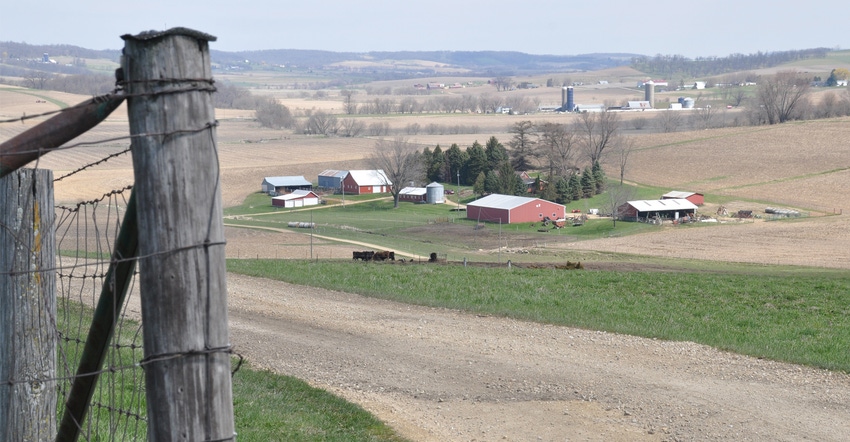January 5, 2018

By Ross Albert
There is no denying that both landowners and farmers are feeling the effects of low commodity prices and, consequently, very slim profit margins. These slim margins have encouraged creative thinking that is leading to management decisions that are adding to the bottom line.
One of the most enjoyable parts of farm management is working with landowners and farmers to create a profitable strategy — a discussion that often results in new ideas on the farm. Here’s a look at the four profit-maximizing topics we’re hearing about most frequently these days:
1. Seek specialty contracts with a premium. Operations that are flexible enough to raise something other than No. 2 yellow corn and commodity soybeans can find premiums in a specialty contract. These would include non-GMO grains, identity-preserved crops, seed stock production or food-grade crops, where premiums can range from 50 cents to $2 per bushel. These crops add another level of management to the operation; however, the premium can be the difference between being profitable and not.
Just because someone hasn’t approached you about a specialty contract, that doesn’t mean they aren’t available. If you do get the opportunity to raise a specialty crop, make sure the crop is a good fit for the farm, and the premium is greater than potential added costs.
2. Use grain storage to market directly. I am a big fan of on-farm grain storage and the flexibility it gives the owner of the grain. Operators who can store grain often see higher net return — to the tune of an additional 30 to 40 cents per bushel. Higher returns come from saved drying and storage expenses, and a higher price because you can pick up basis appreciation and carry in the market.
Even if your farm doesn’t have storage and you aren’t ready to pay to build a new bin, don’t dismiss this strategy. Bin space can be rented from tenants or even other landowners. You might be surprised how many good bins don’t get filled.
3. Purchase inputs based on value. Make sure you understand your price points and what you are buying. There are several homogenous products with a large price spread. I have seen a $30-per-acre spread between farmers solely based on price for the same products. Price spread may be related to the services that come with a particular product. With slim margins, this may be the time to consider performing those services yourself and getting the better purchase price for the same products.
Many growers have started doing their own herbicide and fertilizer applications again. For share-crop farms in particular, the value of operators buying wholesale and applying products themselves can be very significant. The farmer can pass savings directly to the landowner, helping maximize returns.
4. Think hard about return on investment. A lot of great technology is available, but that doesn’t mean it needs to be used every year, especially when you consider cost and economic benefit per acre. These technologies include seed traits, seed treatments, herbicides, fungicides and even some fertilizers.
Step back and evaluate what you are buying and why. Cost-conscious operations rely heavily on scouting, fertility monitoring and specific measurement tools to finalize decisions, knowing weather ultimately determines the fate of a crop. A rigid crop plan looking to defend against all potential threats can be a very expensive plan. You need to be your own salesperson and determine the return of the products you buy.
There is no doubt that the economic landscape of agriculture is different today than it was five years ago. The question is, how much have your plans and management decisions changed with it? There are ways to add to the bottom line, but it may be very different from what you have been doing.
Albert is a farm manager with Soy Capital Ag Services, Bloomington, Ill. He is a member of the Illinois Society of Professional Farm Managers and Rural Appraisers, whose members regularly contribute to this column. Email farm management questions to Carroll Merry at [email protected].
You May Also Like




